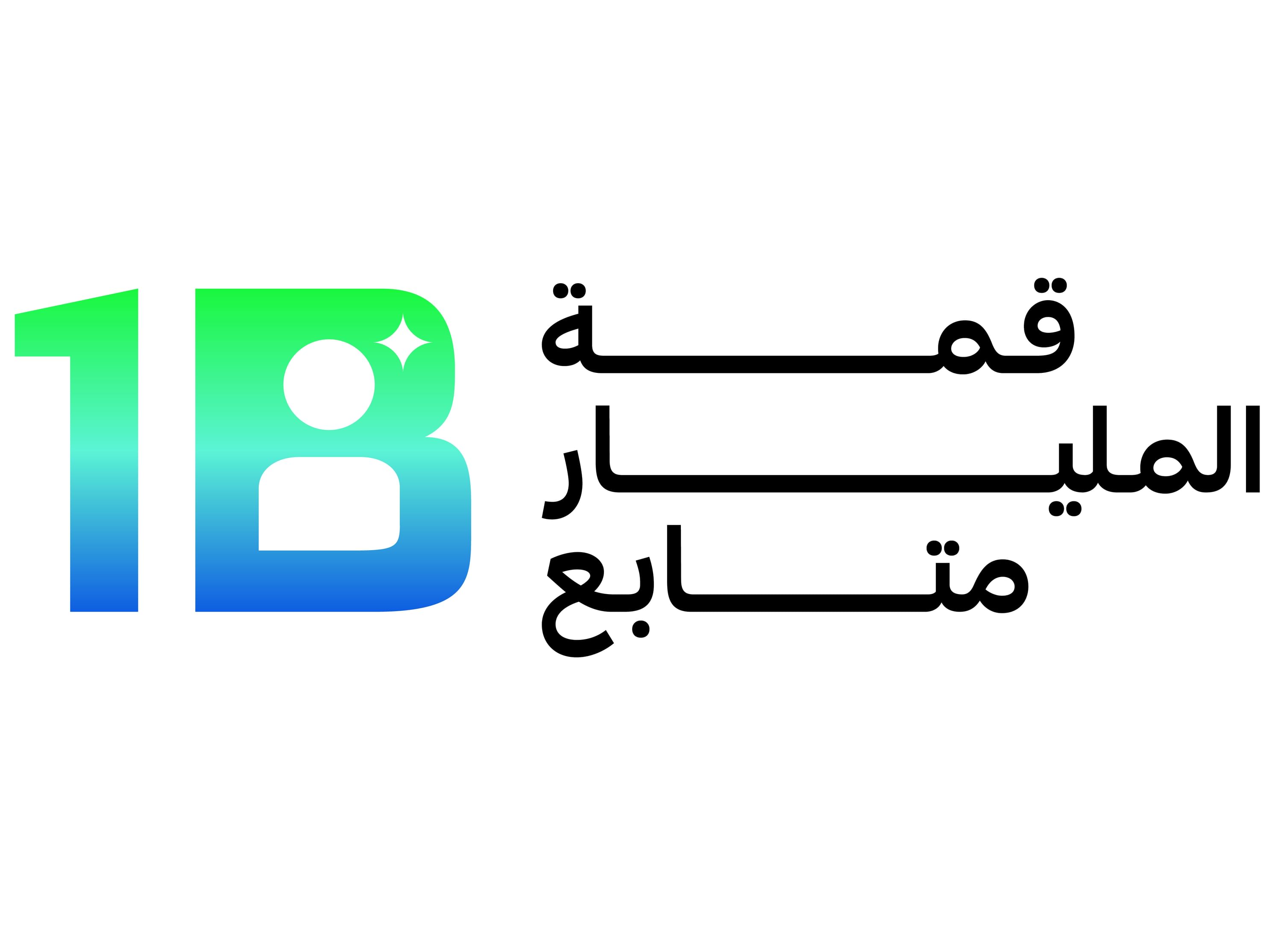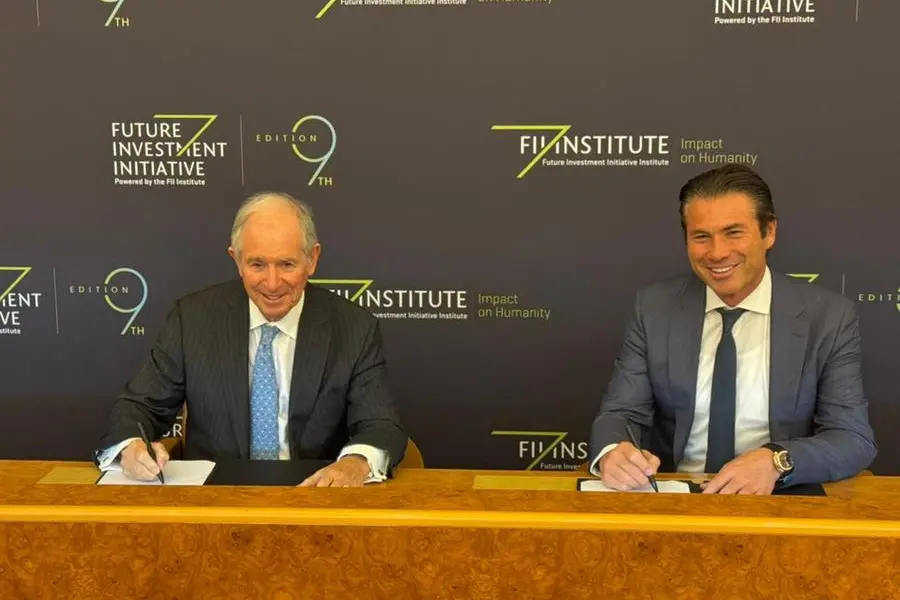In a landmark moment for the technology sector, both Apple and Microsoft have seen their market capitalizations surpass the $4 trillion threshold. This milestone underscores the immense scale of big tech and highlights the divergent strategies propelling their growth, with significant implications for the global and MENA tech ecosystems.
The Road To $4 Trillion
Apple’s journey to this valuation has been a story of consistent, monumental growth, reaching $1 trillion in 2018, $2 trillion in 2020, and $3 trillion in 2022. The latest surge to $4 trillion makes it the third company to achieve this feat, following Nvidia and Microsoft. This recent rally was fueled by strong sales for its new iPhone 17 range, which has demonstrated remarkable consumer appeal, even in challenging markets like China.
Microsoft first crossed the $4 trillion mark in July before a brief dip, but returned to the milestone following the announcement of a new agreement with OpenAI. The tech giant’s success is deeply tied to the AI revolution, with immense demand for its Azure cloud services, which provide the computational power necessary for training and deploying advanced AI models.
Dueling Drivers iPhone vs AI
The paths to this shared milestone reveal two distinct, powerful narratives in today’s tech landscape. For Apple, the enduring power of its hardware ecosystem, led by the iPhone, continues to drive value. The strong performance of the iPhone 17 proves that consumer hardware innovation remains a potent force capable of exciting both consumers and Wall Street, even as the company navigates delays in its AI product roadmap.
Conversely, Microsoft’s valuation is a testament to its strategic pivot towards artificial intelligence and cloud computing. The company’s significant stake in OpenAI, now valued at approximately $135 billion, and the integration of AI models into its Azure platform have positioned it as an indispensable player in the new AI-powered economy. This highlights Wall Street’s immense appetite for technologies foundational to the future of work, healthcare, and education.
What This Means For MENA
While these valuations belong to US-based giants, their scale sends powerful ripples across the MENA region. For founders and VCs, these figures set a new, albeit astronomical, benchmark for what is possible in tech, inspiring ambition. More practically, Microsoft’s Azure platform is a critical enabler for countless MENA startups, providing them with access to world-class AI and cloud infrastructure necessary to build and scale their own solutions. The AI frenzy driving these valuations is also accelerating investment into AI-native startups across the region, as local investors look to back the next wave of innovators. This trend pressures regional startups to integrate meaningful AI strategies into their products to remain competitive and attract capital in a market increasingly shaped by this global technological shift.
About Apple
Apple Inc. is a global technology company headquartered in Cupertino, California. It designs, develops, and sells consumer electronics, computer software, and online services. Its hardware products include the iPhone smartphone, the iPad tablet computer, the Mac personal computer, the iPod portable media player, the Apple Watch smartwatch, and the Apple TV digital media player.
About Microsoft
Microsoft Corporation is a multinational technology corporation which produces computer software, consumer electronics, personal computers, and related services. Its best-known software products are the Microsoft Windows line of operating systems, the Microsoft Office suite, and the Internet Explorer and Edge web browsers. Its flagship hardware products are the Xbox video game consoles and the Microsoft Surface lineup of touchscreen personal computers.
Source: TechCrunch














